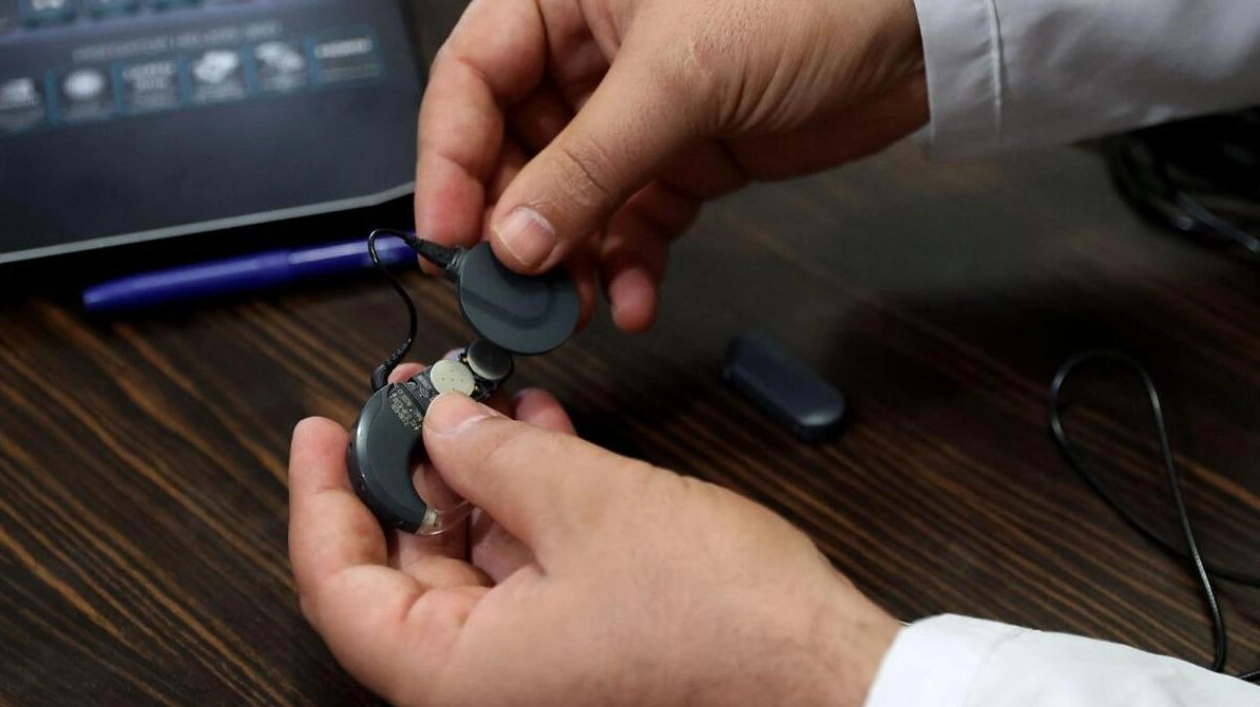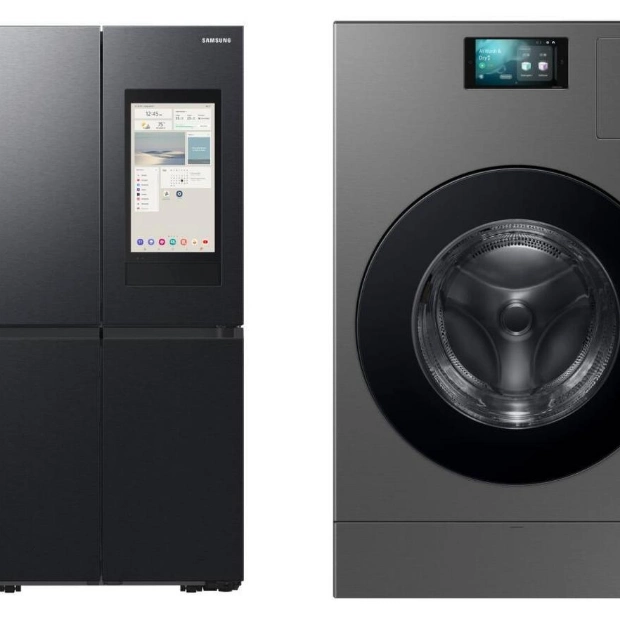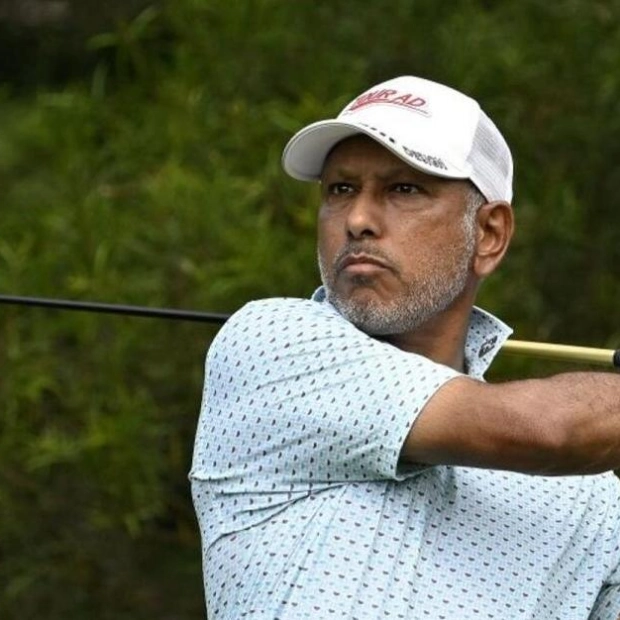Starting next year, hearing-impaired children in Shizuoka, a coastal city in Japan, will have improved opportunities to listen, learn, and speak, thanks to a A$6.5 million ($4.4 million) initiative jointly funded by the city and the Australian government.
The pilot program involves The Shepherd Centre, an Australian non-profit focused on child hearing, which will dispatch staff to train experts at the Shizuoka Prefecture Hospital over a three-year period. This initiative aims to tackle hearing issues in Japan at an earlier and younger stage.
The program will utilize implants from Cochlear Ltd. Japan currently has one of the lowest rates of hearing aid and implant adoption among developed nations, due to the stringent criteria for government subsidies related to hearing loss. Public health experts in Japan advocate for reducing both the threshold for hearing loss and the age at which children can receive cochlear implants, which is currently set at one year, compared to six months in Australia.
Industry data indicates that over 90% of Australian children who could benefit from a cochlear implant actually receive one. Cochlear CEO Dig Howitt expressed in a statement that seeing similar results in Japan, as achieved in Australia, would be a remarkable achievement. Aleisha Davis, CEO of The Shepherd Centre, noted that the collaboration with the Shizuoka hospital was the result of a decade-long dialogue. Australian Foreign Minister Penny Wong, whose department provided the funding, highlighted the potential benefits of this Australian-Japanese partnership.






